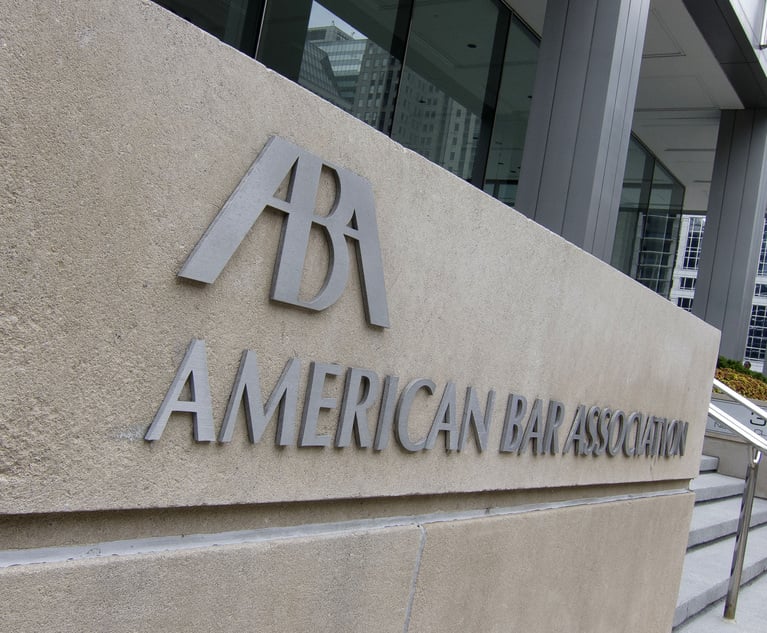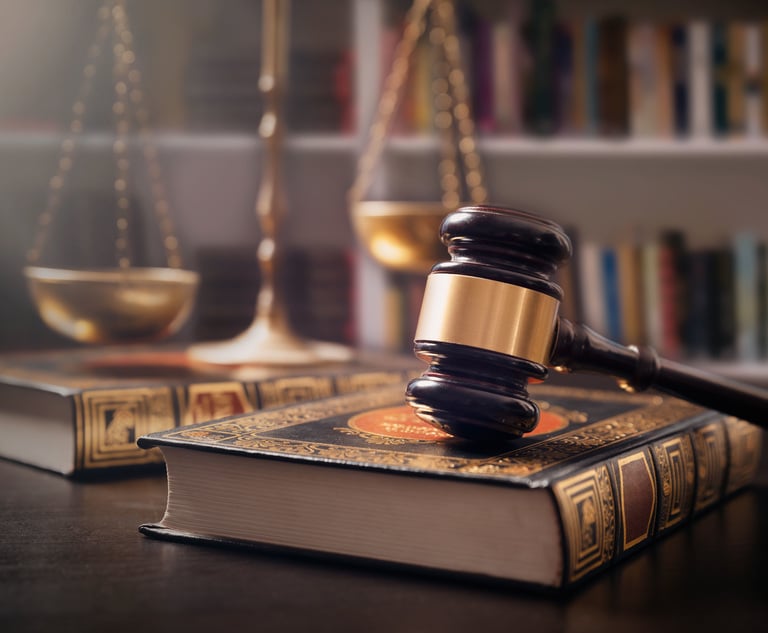As California state bar leaders prepare to meet behind closed doors Tuesday to consider the fate of the July bar exam, dozens of law school students and legal organizations have pleaded for an alternative path to practicing law.
A bar spokeswoman said the agency has received more than 100 comments, many of them from graduating 3Ls seeking diploma privilege, or a unique exemption to practice law without passing the bar exam first. Many of those students cite fears of taking the test in crowded venues, crushing debt and rescinded job offers as law firms retrench.
“The money in my bank account was supposed to support me until I took the bar exam in July 2020,” wrote University of San Francisco Law School student Sureyma Gonzalez. “But these plans have changed. They have stopped and lead nowhere because everything we know in this world at the moment is uncertain.”
The bar’s board of trustees will consider those concerns and others as it meets privately Tuesday under a state law that allows confidential talks to “prepare, approve, grade or administer examinations.”
While many commenters sought relief from the usual bar exam requirements, that view wasn’t universal. What follows are excerpts from some of the messages sent to the board of trustees, the bar of examiners and even the California Supreme Court.
>> Consider a diploma privilege “plus” option. “I believe that a fair and equitable balance given the state of our pandemic would be a diploma privilege plus option in which law students from an accredited law school in California who also meet all other requirements for licensure can become a fully licensed lawyer after working under supervised practice with an attorney for an extended amount of time (perhaps up to 18 months or longer),” Jared Bertoni of San Joaquin College of Law wrote. Bertoni added: “This option allows students to have certainty in the face of the unpredictable pandemic, work to earn money for our families while also gaining real experience, and will serve as a safe transition period from student to licensed attorney.”
>> Admit out-of-state lawyers to the California bar. “In light of current national unemployment numbers, the time seems right to permit out-of-state lawyers that are in good standing in their state of admission to be admitted to the California bar without any attorney exam but subject to all other requirements,” Dean Pappas, a partner at Ropers Majeski Kohn Bentley, wrote. “In the interest of fairness, perhaps other (or all) states could permit this to occur on a temporary basis. Provisional licensing should also be considered to allow these applicants to resume work without substantial delay.”
>> Do not grant diploma privilege. “Please do not further dumb down the requirements to practice law in this state. There are already too many poorly qualified, incompetent and ethically challenged attorneys in this state. I urge you to please hold the standard high,” Jennifer Welsh Zeiter of the Law Office of Jennifer W. Zeiter wrote.
>> Reschedule the exam or consider “other options.” “Graduating law students deserve the small amount of certainty that a quick and definitive answer about the July exam would provide. Given that many law students will be graduating with huge sums of student loan debt into an uncertain economy and job market, if there is no July exam, we urge you to reschedule the exam for the early fall,” California Lawyers Association president Emilio Varanini and CEO Ona Alston Dosunmu wrote. They added: “We understand that the National Conference of Bar Examiners has offered two alternate fall dates—Sept. 9 and 10, and a Sept. 30 and Oct. 1—for those states that cancel the July administration of their bar exams. In the event that circumstances are such that California cannot offer an exam in the fall, we encourage you and the Supreme Court to explore other options to facilitate the prompt entry into practice of 2020 law school graduates.”
>> Don’t forget about repeat testers. “Please offer an alternative pathway of proving fitness for practice for repeating out-of-state bar applicants, beyond just the most recent graduating class, so that recent events do not also prejudice the efforts of people like myself who have been diligently trying to earn admission as promptly as possible,” Taylor Pfeifer, a 2018 graduate of the University of Michigan Law School, wrote. “I am writing to urge the committee to also offer the option of supervised practice requirement, whereby an applicant may earn admission after demonstrating a minimum number of hours of on-the-job competency. With such an option, I could return to work immediately. Perhaps such an option could require a high number of pro bono hours to demonstrate a clear benefit to the public at large.”
While trustees debate whether the July 2020 bar exam will take place as scheduled, another committee is weighing what future bar exams may look like. The California Attorney Practice Analysis Working Group met via video conference Monday to review a draft report analyzing what attorneys do on a daily basis and what knowledge they need to perform those tasks.
The working group is recommending that only eight current topics be covered by future California bar exams instead of the 13 current topics. The favored eight topics are civil procedure, torts, contracts, evidence, criminal law and procedure, administrative law and procedure, constitutional law and real property.
The group also identified six skills areas for testing: drafting and writing, research and investigation, issue spotting and investigation, counsel/advice, litigation and communication and client relationships.
The report is not final, and any changes in the bar exam must be approved by the California Supreme Court.
NOT FOR REPRINT
© 2024 ALM Global, LLC, All Rights Reserved. Request academic re-use from www.copyright.com. All other uses, submit a request to [email protected]. For more information visit Asset & Logo Licensing.

 Students in exaimination hall. Photo: bibiphoto/Shutterstock.com
Students in exaimination hall. Photo: bibiphoto/Shutterstock.com








